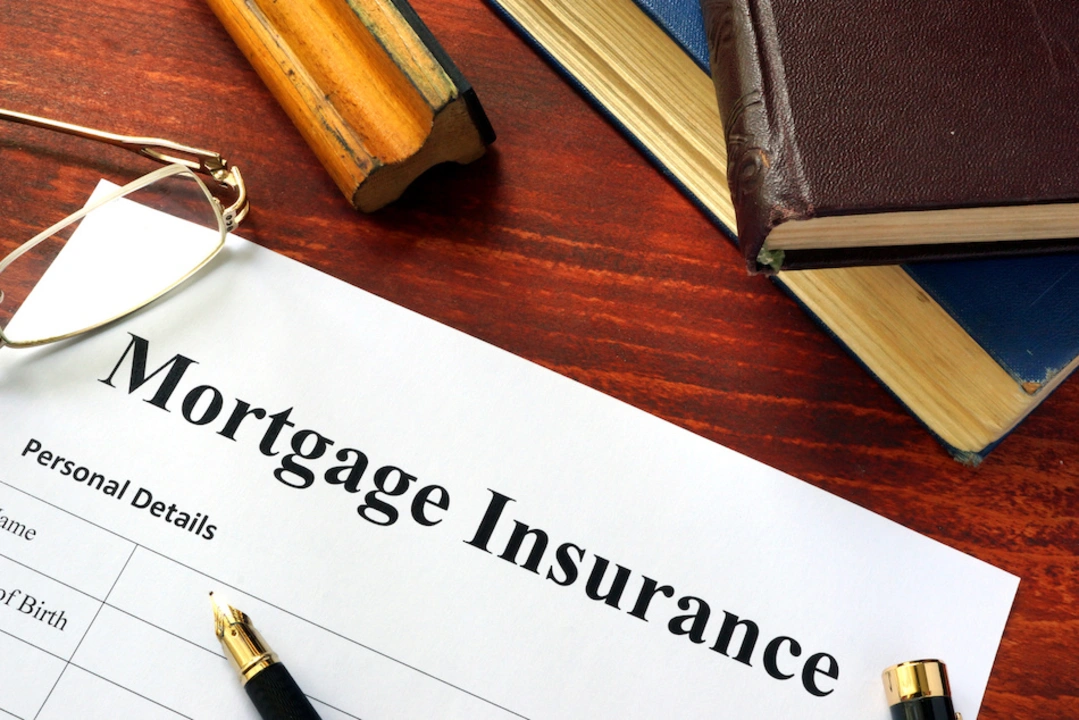How much is private mortgage insurance on an FHA loan?

A Comprehensive Guide to Calculating Private Mortgage Insurance on FHA Loans
Private mortgage insurance (PMI) is an upfront payment that is required for an FHA loan. PMI is required for all FHA loans because it protects the lender from losses resulting from default. The amount of PMI that is required depends on the amount of the loan, the down payment, and the loan term. It is important to understand how PMI works and how much it will cost before committing to an FHA loan. This guide will provide an overview of PMI and provide insight into how to calculate PMI on an FHA loan.
What Is Private Mortgage Insurance?
Private mortgage insurance is an insurance policy that protects the lender in the event a borrower defaults on their mortgage. It is required for all FHA loans because it helps to protect the lender from losses due to default. PMI is often referred to as an upfront mortgage insurance premium (MIP) because it is usually paid at the time of closing.
How Much Does Private Mortgage Insurance Cost?
The cost of PMI depends on the loan amount, the down payment, and the loan term. Generally, the higher the loan amount, the higher the PMI rate. Borrowers with smaller down payments will also be required to pay a higher PMI rate. The loan term also plays a role in the cost of PMI; loans with longer terms will typically require a higher PMI rate.
How Is Private Mortgage Insurance Calculated?
Calculating PMI on an FHA loan is relatively straightforward. The first step is to calculate the loan-to-value ratio (LTV). The LTV is the loan amount divided by the appraised value of the property. The LTV will be used to determine the PMI rate. The PMI rate is then multiplied by the loan amount to determine the PMI payment.
What Are The Benefits of Private Mortgage Insurance?
PMI provides a number of benefits for borrowers. First, it helps to make home ownership more accessible for borrowers who are unable to make a large down payment. It also provides added protection for the lender in case of default. Finally, PMI can help to lower the overall cost of the loan by reducing the amount of interest paid over the life of the loan.
Conclusion
Private mortgage insurance is an important component of an FHA loan. It provides added protection for the lender in case of default and can help to make homeownership more accessible for borrowers who are unable to make a large down payment. Understanding how PMI is calculated and how much it will cost is essential when considering an FHA loan. By taking the time to calculate PMI and understand its benefits, borrowers can make an informed decision when choosing an FHA loan.
Understanding the Cost of Private Mortgage Insurance on FHA Loans: What You Need to Know
When deciding to take out an FHA loan to purchase a home, you must consider the cost of private mortgage insurance (PMI). PMI is an insurance policy that protects lenders from the risk of default and foreclosure. It is required for any loan with a down payment of less than 20%.
PMI can be a substantial expense for borrowers looking to purchase a home. The cost of PMI depends on the size of the down payment and the type of loan. FHA loans typically have higher PMI rates than other loan types. The PMI rate is typically 0.5% to 1% of the loan amount.
Borrowers can choose to pay the PMI upfront or in monthly installments. Paying the PMI upfront can save money in the long run, as it eliminates the need to pay monthly PMI premiums. However, some borrowers may not be able to afford the upfront cost of PMI. In this case, borrowers can choose to pay the PMI in monthly installments.
Borrowers can also choose to finance the PMI into the loan. This option can be helpful for those who cannot afford the upfront cost of PMI. Financing the PMI into the loan will result in a higher loan amount and a larger monthly payment. Be sure to factor this additional cost into your budget before deciding to finance the PMI.
FHA loans allow borrowers to put down as little as 3.5%, but this comes with an additional cost. Borrowers with a down payment of less than 20% must pay PMI. This cost can be substantial, but it is important to remember that PMI is only required for the life of the loan. Once the loan-to-value ratio reaches 78%, the PMI can be removed.
In addition to the cost of PMI, borrowers must also consider other costs associated with FHA loans. These include closing costs, origination fees, and other fees. Be sure to factor these costs into your budget when deciding whether or not an FHA loan is right for you.
The cost of PMI on an FHA loan can be substantial, but it is important to remember that it is only required for the life of the loan. Be sure to consider all the costs associated with an FHA loan before deciding to take out one. With the right information and a bit of planning, you can find the right loan for your budget.
